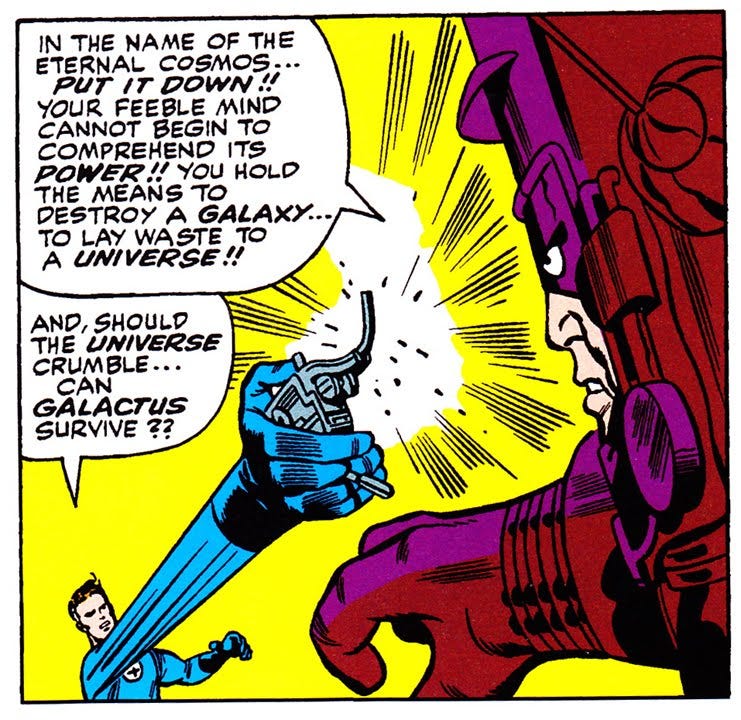I don’t have another obscure McGuffin, but there was a movie once upon a time called The Double McGuffin (1979). Presumably there were two, but I’ve never seen it, but I’ve always wanted to since a former co-worker said she was an extra in it.
In honor of he late Frederick Forsythe, I nominate the journal kept by the Concentration Camp survivor in The Odessa File. It falls into the hands of the protagonist purely by chance; he doesn’t recognize its importance until he reads it late at night; it drives his search for old SS-men, for reasons we don’t know until the story is almost over; the Nazis and Israelis both come after him once they learn what he’s doing; and the final chapter has results that go far beyond a mere vengeance story.
I really is easy to figure out why he’s so focused on his quest if you pay attention to the setup partway into the story. In my case, I admit I missed it until the big reveal near the end.
In What’s Up, Tiger Lily? the macguffin is a recipe for egg salad.
Here’s a good one- the “Get out of Hell Free” card from DC comics. The first person to die while physically possessing the card is exempt from going to Hell.
The Gods Must Be Crazy uses a reverse MacGuffin. The object (a Coca Cola bottle) is clearly worthless and literally no one wants it. But the determination of the tribesman Xi to go to “the end of the world” to get rid of the bottle drives every other event in the film.
I’m not familiar with that. If people are just trying to get it or hold onto it without the fact that “The first person to die while physically possessing the card is exempt from going to Hell” being relevant to the plot, then maybe I’d count it. But it sounds like you’re saying that’s what makes it significant, and it’s not just interchangeable with anything else, which would make it not really a MacGuffin.
I know @CalMeacham didn’t want this to be a thread “obsessing over the definition and properties of the ‘MacGuffin.’” But I think that if we use the term too loosely, it loses any meaning or usefulness it may have had. The whole point of the concept of a MacGuffin as I understand it is that it doesn’t matter what (if anything) it does. As the TVTropes page puts it:
In Marvel Comics there is a weapon called the Ultimate Nullifier that looks a little like a cigarette lighter. It’s a weapon so powerful it’s never been used (as far as I know) except as a threat.

The first meta-MacGuffin.
Ha! I just happened to think about this scene today before I even logged on. Always thought it was wild that Mighty Galactus was cowed by a cigarette lighter!
I’ve always considered it the Platonic ideal of a McGuffin. It is purely “the object of desire” with no elaboration beyond that.
In the 1978 movie Corvette Summer, the titular Corvette was the MacGuffin. It was a basic summer adventure/romance movie, the only interesting things about it were that it was Mark Hamill’s first movie after Star Wars and was supposed to make him a major Hollywood star, and it was Annie Potts film debut.
In Julie Tatham’s Cherry Ames: Mountaineer Nurse, the MacGuffin was ten thousand dollars, payment for a tobacco crop harvested decades before. Interestingly, Cherry, while the amateur detective, was not the person who figures out where the money is.
What they did to that car was a Crime Against Humanity.
The magical “letters of transit” in Casablanca. The most wanted guy in the Turd Reich can just stroll across the border if he can only gain possession of these letters.
And yet Victor and Ilsa left, apparently without needing the letters of transit.
Maybe they needed them to get into Portugal?
It’s been a while but didn’t Rick have the letters at the end?
Rick had them the whole time. They just needed to be signed by an official, and he forced Strasser to do it,
But it did feature prominently in the film’s outcome. If you replaced the bike with, say, one of Pee Wee’s practical jokes (like chewing gum that discolors your teeth) it would have been a different movie. So I’d say it’s not really a Macguffin.
Nitpick: Renault.